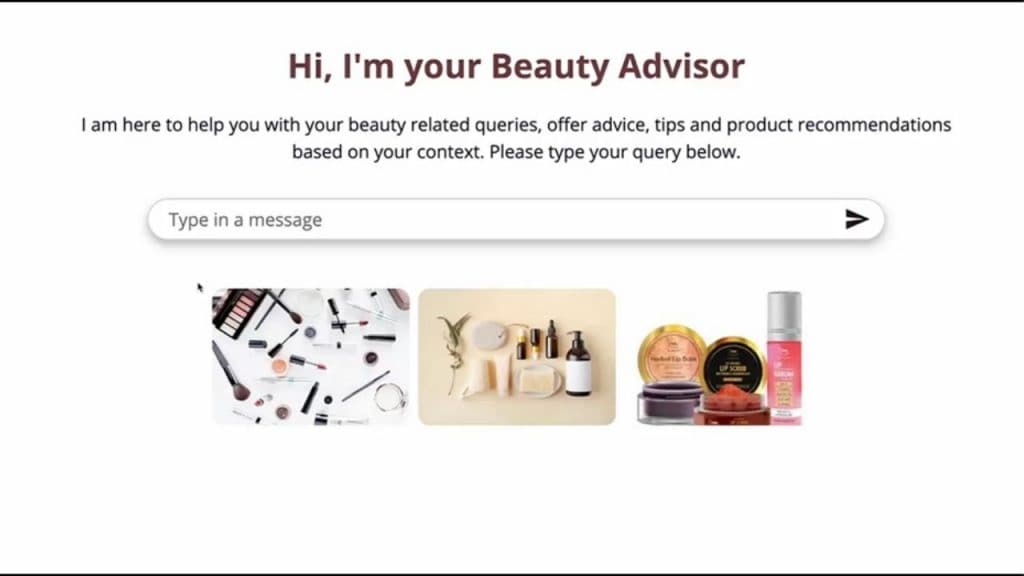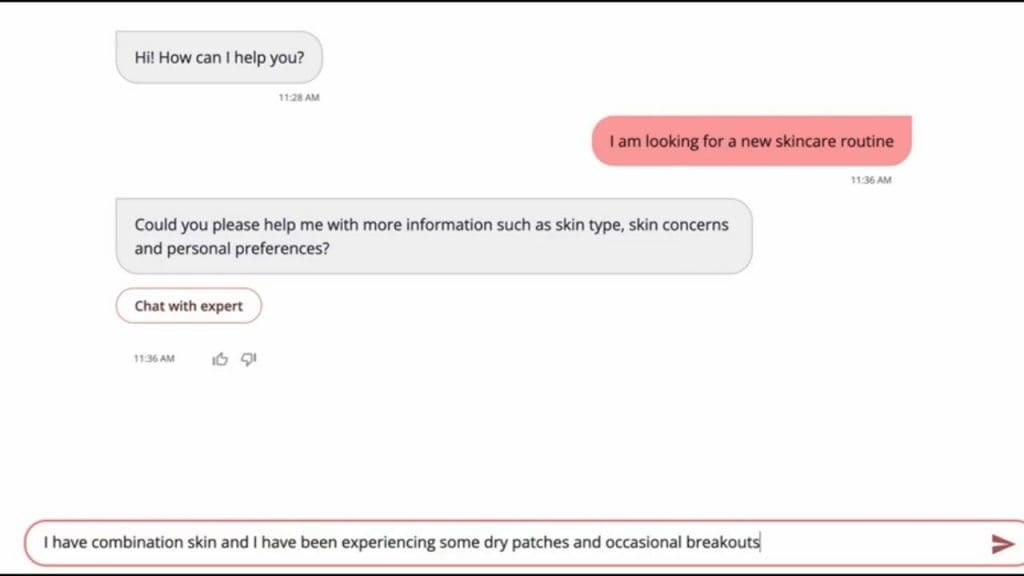What if your next beauty secret is powered by AI?
Bharath Venkatesh, Associate Director Marketing, Flyfish writes that AI-powered search capabilities understand context beyond keywords, enhance product discovery, and guide customers to find the products they love.
ADVERTISEMENT
In the dynamic realm of beauty and personal care, where trends shift as swiftly as the winds and consumer preferences vary as widely as the hues of a sunset, the question looms large: Can artificial intelligence truly revolutionize the way we approach beauty? As the beauty industry embraces the digital age, the profound impact of AI becomes increasingly apparent, reshaping everything from product discovery to customer engagement and marketing strategies.
Picture this: Sarah, an energetic 28-year-old marketing executive receives an invitation to a retro-themed company gala. Bursting with joy, she is all excited to wear a stunning makeup look that perfectly complements her ensemble and the event's theme. While exploring options, Sarah delves into the vast realm of online cosmetics, only to find herself bombarded with an overwhelming array of choices. From a multitude of color palettes to an endless selection of makeup products, brushes, and accessories, Sarah’s enthusiasm drops down. The struggle is way too real.
Now, imagine a world where every lipstick shade, every skincare serum, is tailored to your unique preferences and needs. With a few taps and clicks, Sarah provides specific information about her skin type, preferences, and, crucially, the color of her outfit for the retro-themed gala dinner. And just like that, an AI advisor works its magic, analyzing this data and generating personalized recommendations exclusively tailored to Sarah's needs. With AI algorithms analyzing vast amounts of data, from skin type to color preferences, brands can now offer recommendations that resonate on a deeply personal level. No more guesswork, no more one-size-fits-all solutions, just beauty products curated specifically for you!



In the dynamic landscape of marketing and advertising, where every interaction is crucial, AI advisors play a pivotal role in boosting sales and reducing customer acquisition costs. Marketers invest significant resources in driving traffic with the hope of conversions, but often these visits do not result in purchases. However, AI-powered search capabilities understand context beyond keywords, enhance product discovery, and guide customers to find the products they love. Moreover, AI facilitates conversational commerce, engaging customers in meaningful conversations to understand their preferences better. Additionally, AI-driven personalized product recommendations, tailored to individual preferences and search context, craft a unique shopping journey for each customer, facilitating upselling and cross-selling opportunities. This personalized approach bridges the gap between personalized customer engagement and retention. Thereby elevating the average order value—a significant triumph for marketers, and resulting in a transformative impact on sales and brand loyalty.
Lastly, let's not forget about the shopping experience itself. With the rise of e-commerce, consumers are increasingly turning to online platforms to satisfy their beauty needs. But shopping for beauty products online can be daunting, with questions about shade matching and product efficacy lingering in the minds of buyers. This is where AI steps in, offering virtual try-ons and personalized consultations that bridge the gap between the digital and physical worlds. In this brave new world of beauty, the possibilities are endless. For brands, the goal is clear: Personalization. This means not just broad based inclusive representation but also the proper provision of products and services for all audiences. As AI integrates itself into consumers’ lives, there is a real opportunity for brands to deliver targeted products, services, and treatments to all. From personalized product recommendations to immersive shopping experiences, AI is not merely a tool but a visionary companion on our journey to self-expression and empowerment. As we navigate this brave new world of beauty, guided by the transformative power of AI, one thing is abundantly clear, “the future of tech integrating with beauty is bright, bold, and beautifully bespoke!”
The author of the article is Bharath Venkatesh, Associate Director Marketing, Flyfish, a fractal analytics company. Views expressed are personal.

